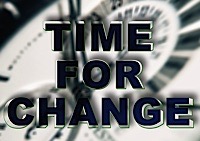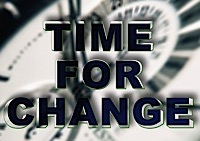
A spin-off is merely a startup spawned by a mature parent (company), and conventional logic would dictate that it has a survival advantage over the lowly startup. Yet spin-offs seem to most often fail to launch in the real world. I was part of one myself a few years ago, and felt the pain, so the phenomenon has intrigued me ever since.
My first thought is that spin-offs are like struggling adolescents with over-protective parents. When companies spin off a division (sometimes called a demerger or deconsolidation), they naturally want it to grow and succeed on its own merits, just as they have. But like protective parents everywhere, they tend to shelter it in ways that stunt its growth in the long run.




















